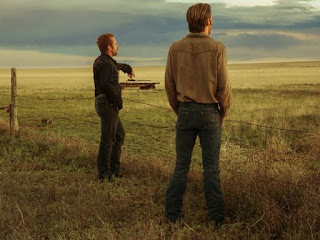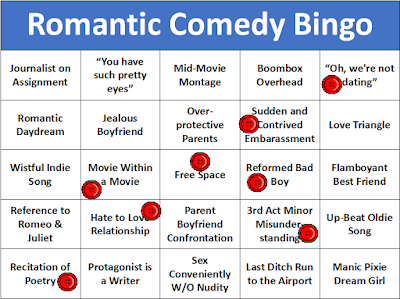Genre: Drama
Directed: Steven Caple Jr.
Stars: Jorge Lendeborg Jr., Moises Arias, Rafi Gavron, Ezri Walker, Machine Gun Kelly, Robert Hunter, Melvin Gregg, Kim Coates, Nadia Simms, Ashleigh Morghan, Erykah Badu, Tom Kondilas
Production: Low Sparks Films
The Land ranks up there with Enough (2002) and The Town (2010) as the least helpful, least effective titles in recent memory. Its a shame too because the film's well-worn narrative and cautiously on-the-nose themes are enough for most people to dismiss it whole-cloth. It's just another urban, coming-of-age drama hoping to capitalize on white liberal guilt and likely to be picked up and syndicated on IFC, they'll say. Yet there's something more than meets the eye about this film's uncompromising bleakness and belabored, intricate nodus. A none-to-immersive realism that speckles the screen with an understated fervor. We're not convinced these characters are real, but writer/director Steven Caple Jr. thinks they are. It's surprising how much mileage one can get out of that alone.
The Land centers on four chronically truant youths Patty Cake (Gavron), Boobie (Walker), Junior (Arias) and Cisco (Lendeborg) during their summer vacation. The four hope to escape their unforgiving neighborhood streets and third track expectations by stealing cars and raising enough cash to support a professional skateboarding career. By doing so however, they cross paths with one of Cleveland's most powerful drug syndicates and sink slowly into a life that may be too crooked for them to handle.
That feeling of powerlessness permeates The Land, giving some a cause for contemplation. Even when the kids are goofing off, skating through blighted streets and abandoned school houses, you can just feel the tension; like the sudden woosh of air before a hammer drops. Cisco, the presumed leader of the gang insists "I don't want anyone to control me,"yet it's clear that he's being constantly molded, manipulated and controlled by an environment that's openly hostile towards him. That environment, by the way includes a manic Kim Coates whose crusty Uncle Steve would be considered Dickensian if he wasn't so outwardly pathetic. Between his uncle's ramshackle Hot Dog stand and his cousin Junior's house, Cisco gets the strong impression he's just another lost cause.
 |
| Seriously though, this is like the exact same movie... |
While many films blunt their stories with overdone melodrama or social proselytizing, The Land dares to be bleak, telling a distressing story about the cyclical, cross-generational nature of political and economic violence. Taught to either accept vocational education for jobs that no longer exist, or live a short-lived life of wild despotism, these kids are never really given a chance. In a quest for self-determination, our crew all ultimately become servants of a larger master. It's the audience's embarras de choix as to whether any of them made the right choices.
Final Grade: C+
















































